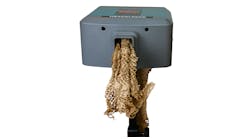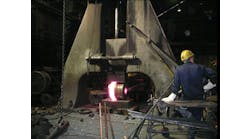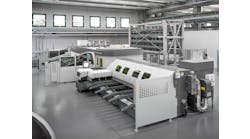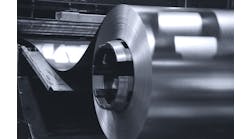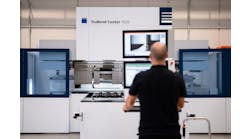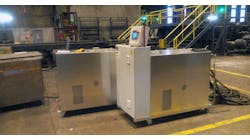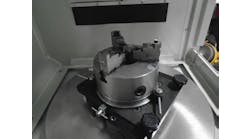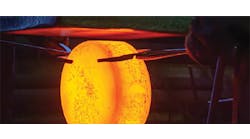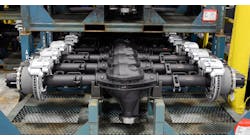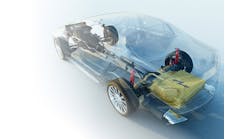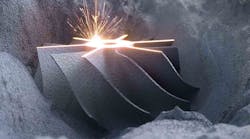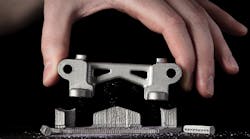Carpenter Technology Corp. purchased MB CalRAM LLC, a producer of metal parts using powder-bed fusion additive manufacturing. The producer and distributor of specialty steels and alloy materials did not announce the cost of the acquisition, nor other details of its purchase.
CalRAM maintains a 25,000-sq.ft. operation in Camarillo, CA. Its production systems are described as Arcam A2X and SLM 280 electron beam melting (EBM) equipment, which it uses to produce prototypes and low-volume production components.
“This strategic acquisition builds upon our existing additive-manufacturing capabilities and provides direct entry into the rapidly expanding part production segment of the additive manufacturing value chain,” stated Tony Thene, Carpenter’s president and CEO.
Last spring, Carpenter established partnership with metal processor/distributor Samuel, Son & Co. to provide supply-chain services for AM producers and customers. Separately, Carpenter established a supply relationship with Desktop Metal Inc. to provide more than 20 CarTech® alloy grades in premium materials cartridges for use in Desktop Metal’s metal 3D printing systems.
“Powder bed fusion” refers to various technologies often described as metal additive manufacturing or metal 3D printing, including direct metal laser sintering (DMLS), electron beam melting (EBM), selective heat sintering (SHS), selective laser melting (SLM), and selective laser sintering (SLS). It involves a laser or electron beam melting powdered metals or alloys according to a pattern determined by STL programming, derived from CAD. The designs are realized in a structural fashion, fusing successive layers of material by melting powder into metal.
“The addition of CalRAM brings industry-leading technology and processes coupled with a talented team, and is a strong complement to Carpenter’s deep technical experience in producing highly engineered metal powders and wire for additive manufacturing applications, including mission-critical applications such as jet-engine fuel nozzles, rocket-thrust chambers, and orthopedic implants” Thene added.
“As additive manufacturing continues to evolve into more advanced components with increasing complexity, our customers are seeking partners who can not only produce parts, but also possess metallurgical expertise to help determine the best materials and processes to fit their needs in demanding applications,” according to Thene.
